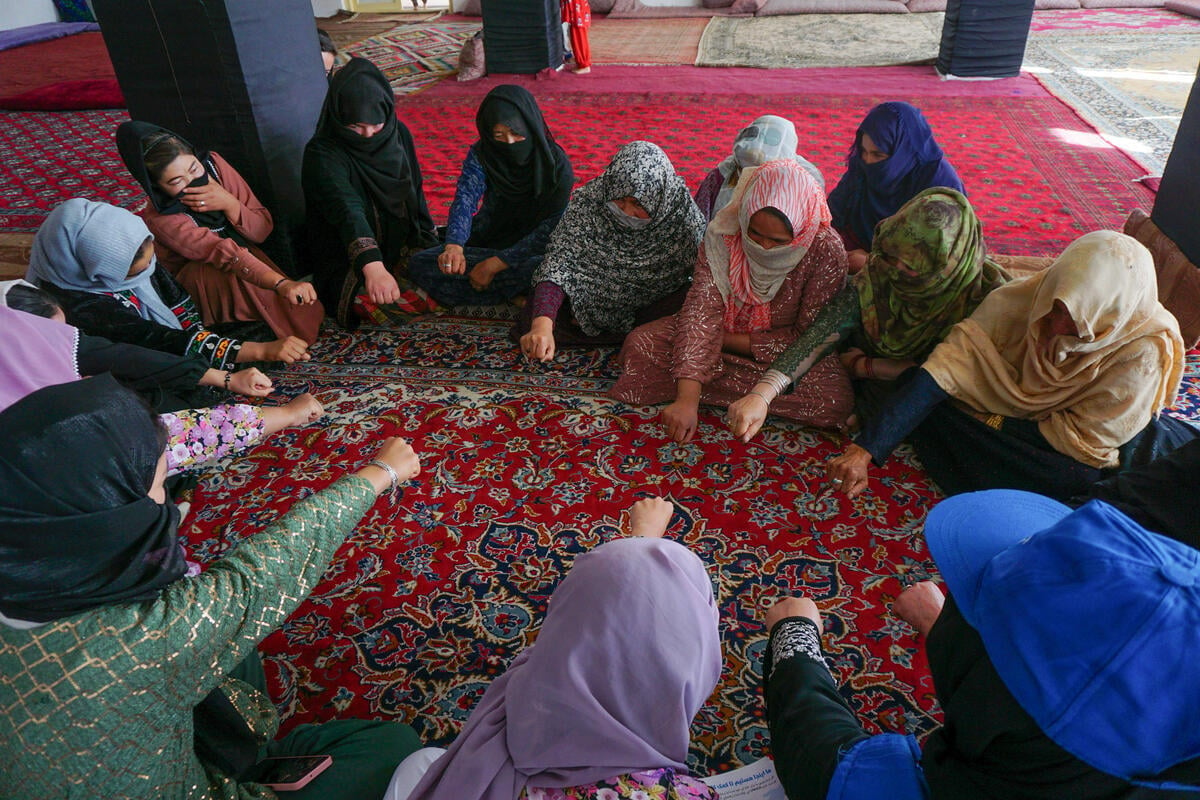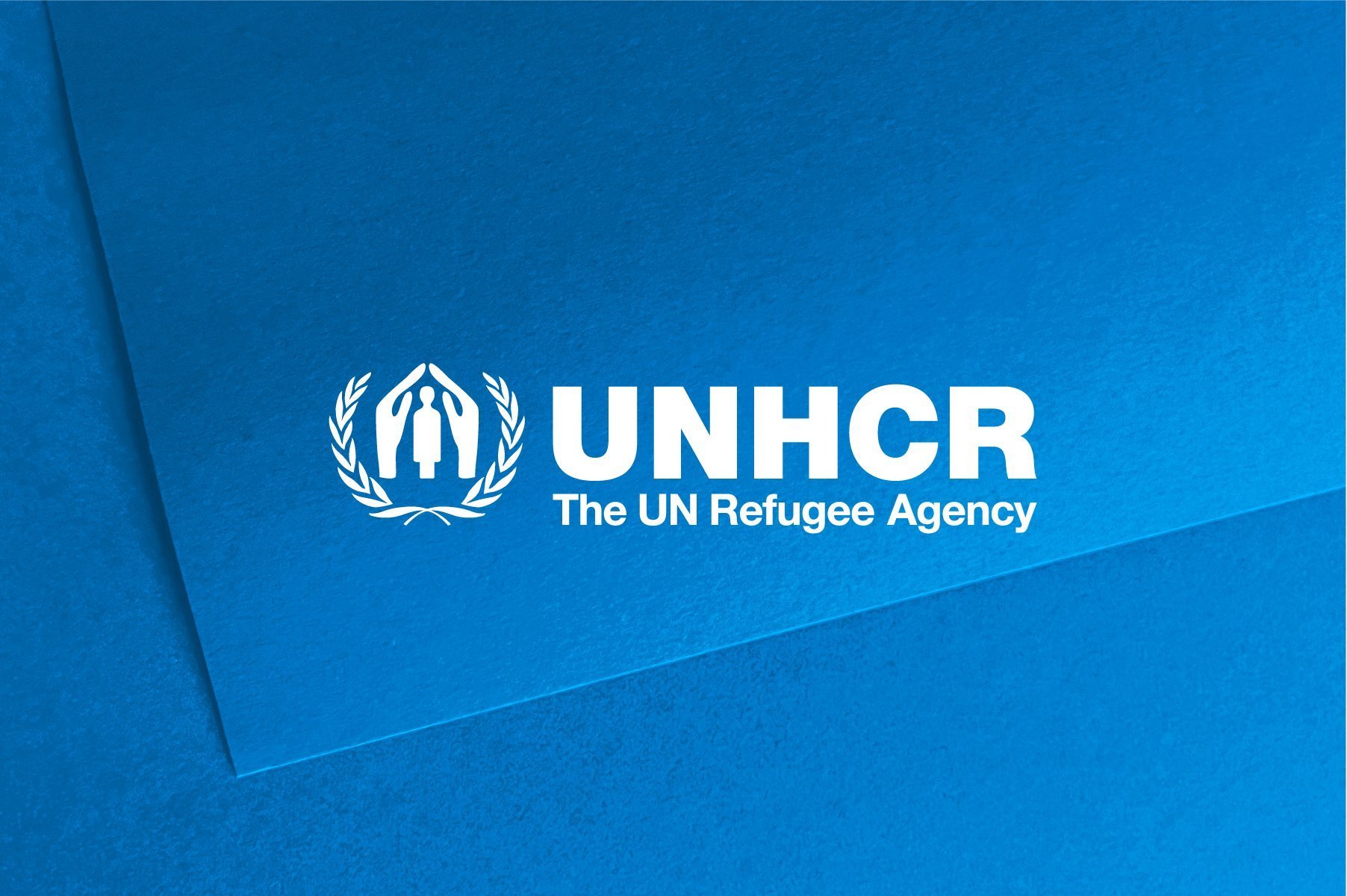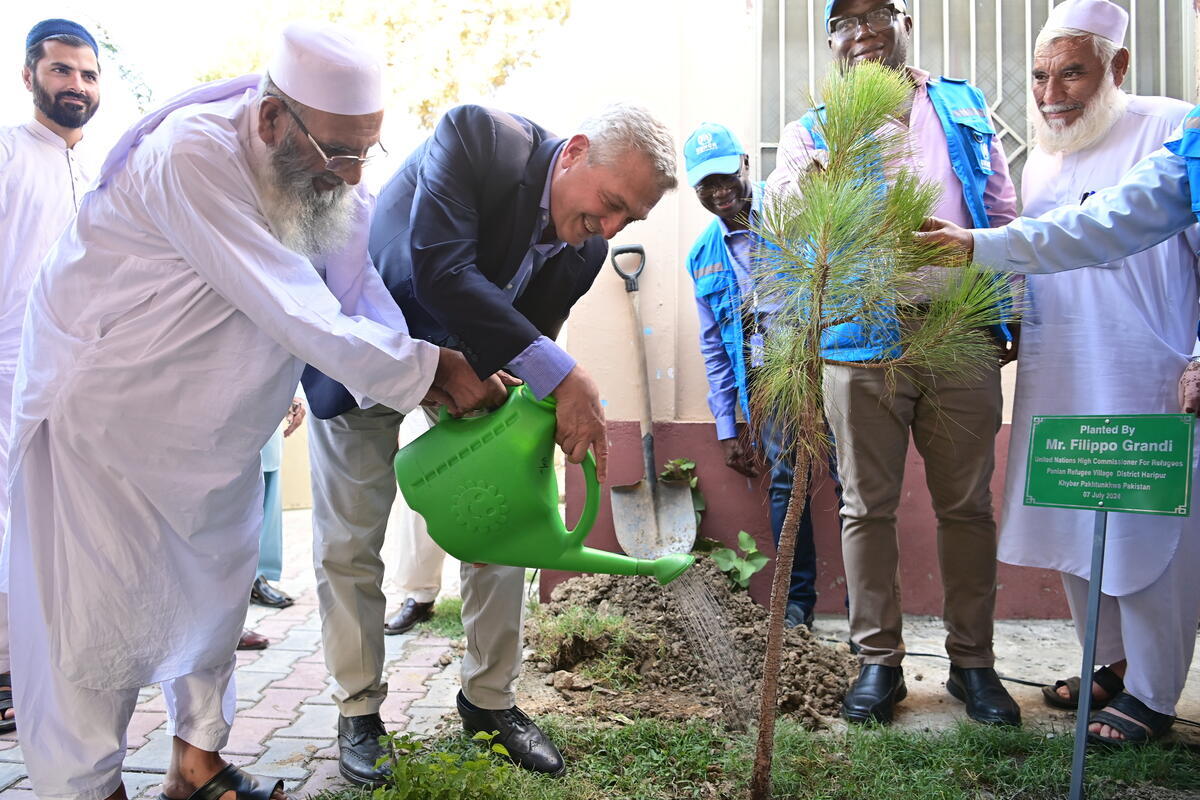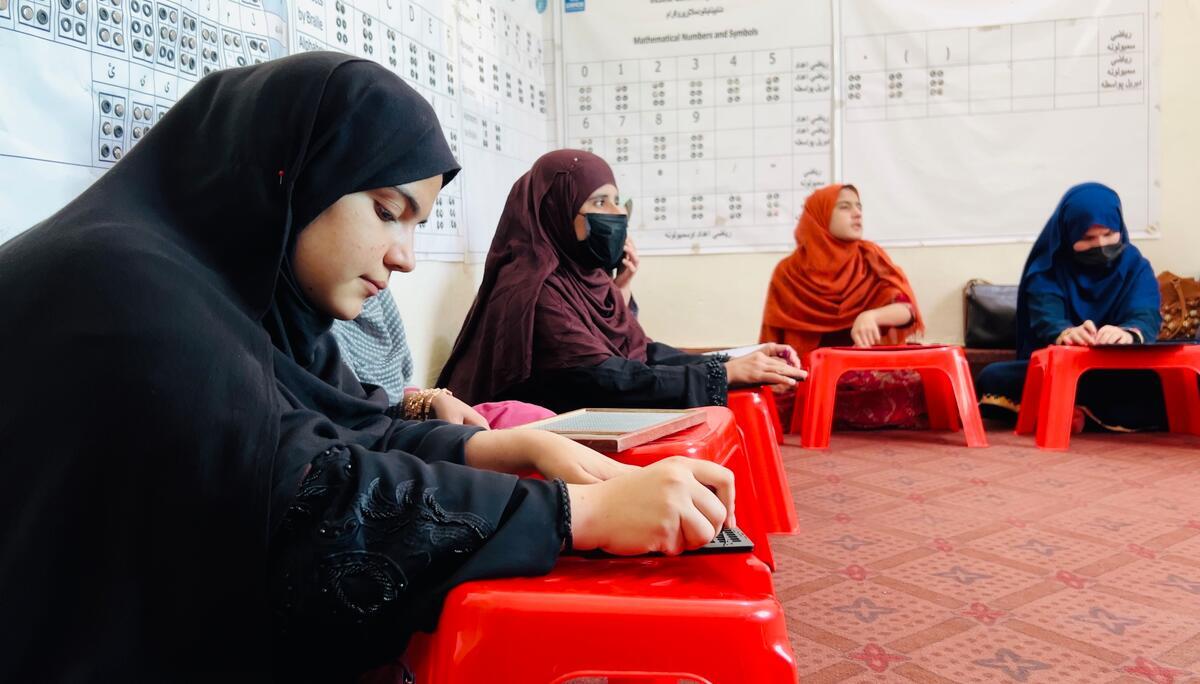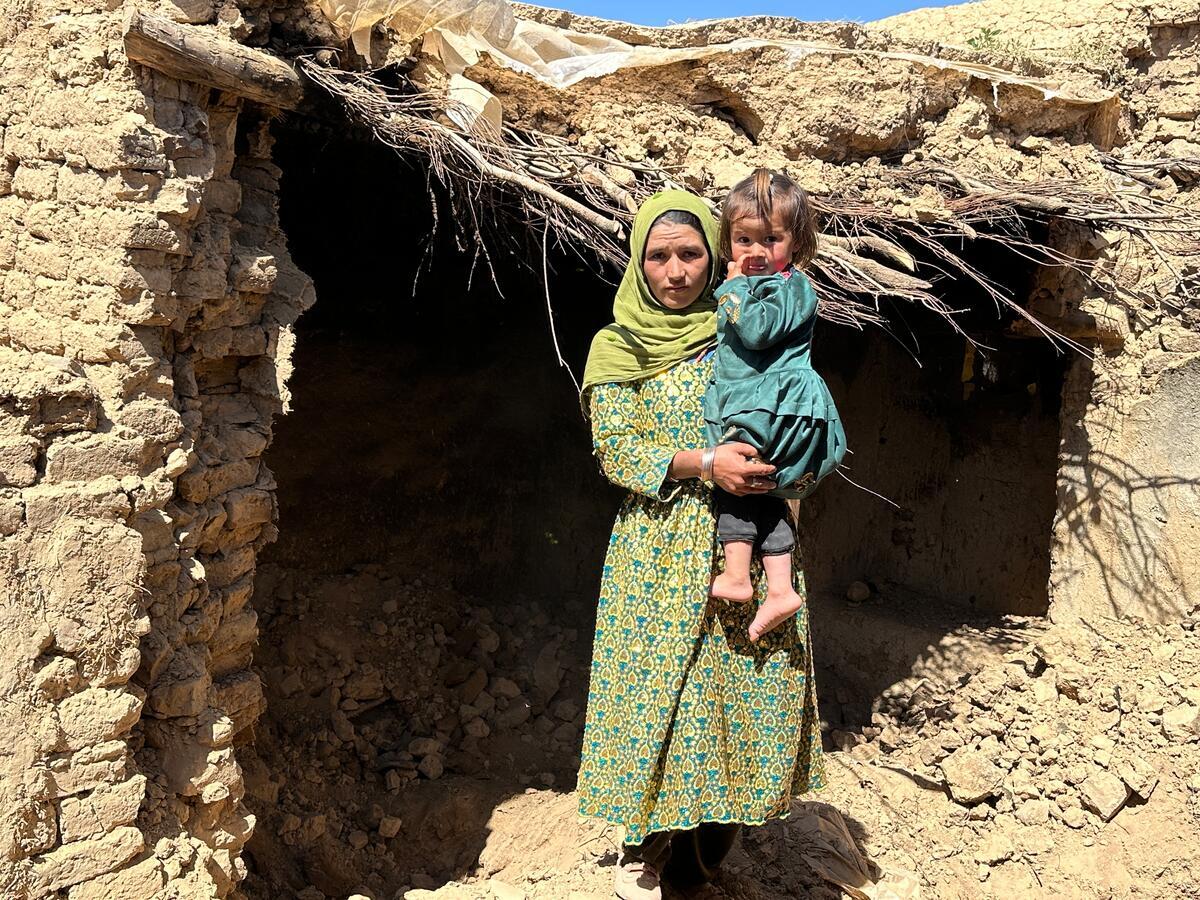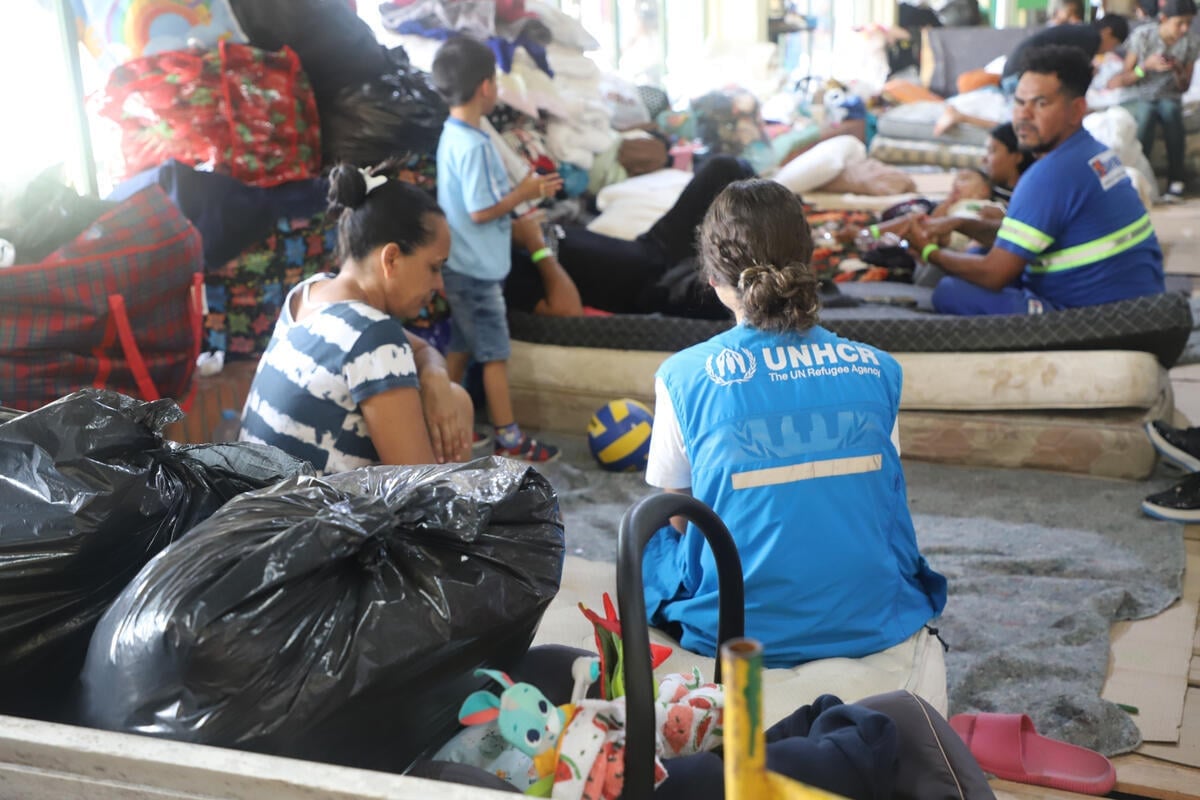Feature: Lone UNHCR officer watches over 34,000 Afghan refugees
Feature: Lone UNHCR officer watches over 34,000 Afghan refugees

LORALAI, Pakistan (UNHCR) - Almost unnoticed amid the efforts to repatriate Afghan refugees and care for the last wave to arrive in Pakistan, the UN refugee agency continues to watch over nearly a million other Afghan refugees who have been here for up to 24 years.
The low profile does not affect Aurangzaib Khan as he pursues his formidable task as the only field officer for UNHCR in four refugee camps in the remote north of Pakistan's arid and thinly-populated Balochistan province.
"It's very easy for me," said Khan, who has being doing the job for more than a year. "I am a local here so it is just like being in my village. If you go to any village, it is the same."
Khan spends most of the week visiting the three camps of Loralai and Malgagai camp near Muslim Bagh town, a couple of hours' drive to the west, before heading to UNHCR's sub-office in Quetta for the weekly exchange of information among the agency's officers.
The refugee camps host some 34,000 Afghans and have become largely self-sufficient, both through their long duration and because of necessity forced by gradual reductions in UNHCR assistance. The camps date back to soon after the start of the Afghan refugee crisis in 1979 and most of the refugees now in the camps have probably been born in Pakistan.
UNHCR offers relatively little assistance to the camps in this area, which has been hard hit by years of drought that denuded an already barren land. The agency provides basic health units, operated under an agreement with a Pakistani government organisation, and pays part of the cost of primary education through another implementing partner.
This assistance contrasts with that given to the refugees who arrived after the fall of the Taliban rulers in Afghanistan in late 2001. Unlike the more than 900,000 Afghans in the old camps throughout Pakistan, the 200,000 new arrivals living in separate camps still receive monthly food rations.
"Understandably the refugees are happier in the new camps because of the assistance they are getting," said Khan. "They are from the same tribes but the new arrivals get more. The refugees here ask, 'Why the difference?'"
Cuts in UNHCR budgets this year ended the agency's water and sanitation assistance in the camps. The small UNHCR staff presence this year - one field officer and one radio operator - will be trimmed to just the field officer on January 1, but the education and health assistance will continue.
Despite the minimal representation, the UN refugee agency continues to be a vital presence for the camp residents. The field officer has taken on the role of mediator and problem solver, a trusted go-between for refugees dealing with the government, non-governmental organisations and local residents.
"They respect UNHCR; they know we will give assistance if we can. We are always neutral and we always listen to the refugees," said Khan. "We intercede to improve things when there are complaints - they always approach us if they have a problem with implementing partners or the government."
The future of the refugees in Loralai's camps and Malgagai camp is unclear. Very few refugees from this area have been among the 1.9 million Afghans who have sought UNHCR assistance to return home from Pakistan in the last two years.
For some, it is the roots they have put down in their country of asylum. In Katwai, Haji Jumma has organised a thriving carpet weaving business among this fellow Turkomans. Carpets as large as 40 square metres are painstakingly knotted on looms inside the mud houses.
The business has been built up over the past five years and is now a main source of income for the camp, shipping off some 150 square metres of carpets per month to a dealer in Pakistan's key city of Lahore. Power lines from a generator dangle over the houses, bringing electricity to extend the working hours.
Some individual refugees have ventured back into Afghanistan, attracted by higher wages than in Pakistan's cities that had previously drawn the young men of the camps. At a meeting of elders in the camp of Zar Karez, participants reported that 60 men are now working in Kandahar, the largest city in southern Afghanistan.
But they say that their areas of Afghanistan are still not suitable for the return of families, reporting instability in the villages outside the main cities from which most of them originally fled.
The current UNHCR agreement with the governments of Afghanistan and Pakistan to help Afghan refugees return runs until 2005, and the refugees - many from areas of continuing unrest - are watching the developments in their homeland.

"This year was better than last year and next year could be better," said one Pashtun elder. But, quite aside from the well-publicised violence in parts of Afghanistan, he noted that many in the camp are involved in an old land dispute in their home areas that is a major obstacle to their return.
In the meantime, UNHCR will continue to check on conditions in the largely self-sustaining camps - uncertain, too, how this part of the decades-old refugee problem will finally be resolved.
By Jack Redden
UNHCR Pakistan


